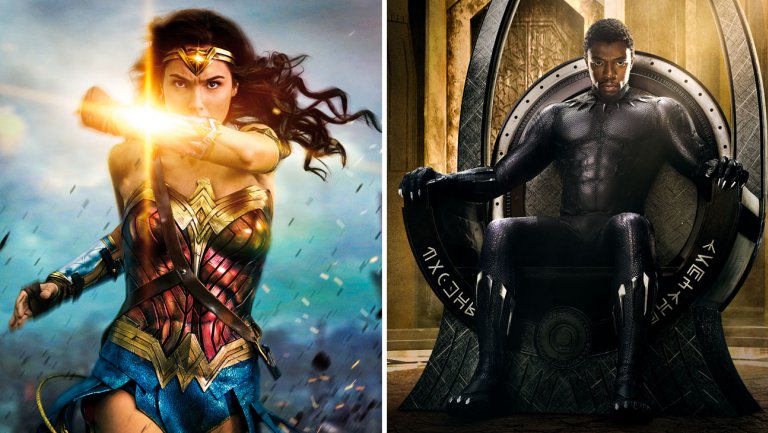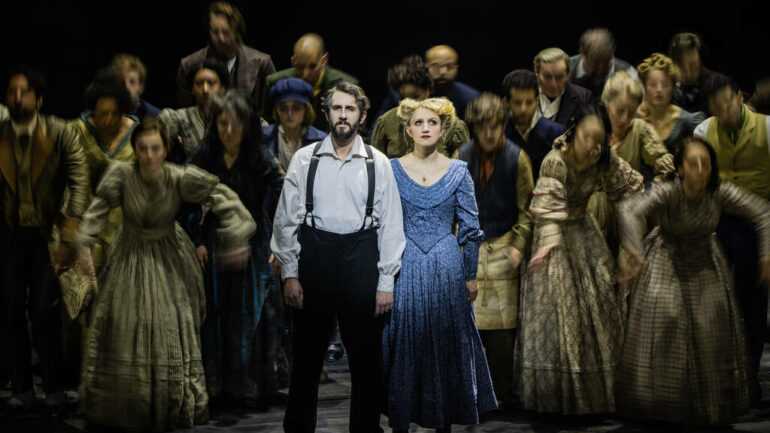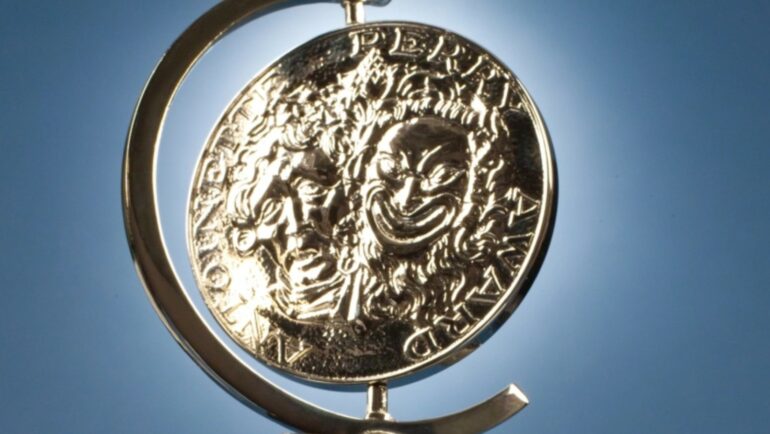chevron_left
-
play_arrow
NGradio So good... like you
‘Wonder Woman’ is having a great impact for big-screen diversity, but it’s not the end of the story.
Have you ever noticed we trip over ourselves talking about the importance of Oscar films but tilt our heads at someone who says a superhero is important to them? We pick and choose when fiction is supposed to mean something, when it’s supposed to have an impact, and when it’s supposed to be fluff. It’s funny when you think about it. If you talk to any writer or artist, they’d tell you they’re creating to make people feel something. It may have taken me a long time to freely admit it but I’m a 34-year-old woman and superheroes make me feel a lot. And I’d like everyone else to have the opportunity to feel the same way.
As a redhead with curly hair and freckles in the 80s, I rebuked Annie comparisons (Why did people have to touch my hair?) but adored Pippi Longstocking. I had She-Ra’s sword to play with at home and my eyes widened at Willow’s Sorsha. These characters are some of my earliest memories of media I latched on to, but it wasn’t until Supergirl came along that I found a character who made me feel like I could do anything.
I was only two when Supergirl, starring Helen Slater, debuted in 1984, but it was a hell of a year for film — Ghostbusters, The Karate Kid, Indiana Jones and the Temple of Doom, The Never Ending Story — and that’s just a fraction of what was released. I didn’t see any of them until a few years later, not just because I was too young but because we didn’t go to the movies as a family very often. My mom gave me most of my film experiences via the local library’s VHS rental section. Their Supergirl tape got worn out.
Supergirl was directed by Jeannot Szwarc and had a screenplay by David Odell (he wrote other 80s classics The Dark Crystal and Masters of the Universe). Sadly, it was not the success the studio was hoping for and to this day it has a poor reputation in the fan world.
Batman means a lot to me. A lot. (I was one of the subjects of Brett Culp’s Batman documentary, Legend of the Knight) But Supergirl was always the one. I’d seen Richard Donner’s Superman and loved it, but seeing a woman onscreen doing those same heroic deeds, saying those inspirational words and overcoming the odds meant so much more to me. I didn’t realize until probably college that others had a bad impression of the film but when I think about Supergirl, I don’t think about that. I think about what that character, actor, and film meant to me as a young girl.

Photofest
Helen Slater in Supergirl.
But age isn’t always a factor as I found out just a few weeks ago while sitting down for Patty Jenkins’ Wonder Woman for the first time. Seeing Themiscyra’s Amazons as a living, breathing society brought me to tears almost immediately. Diana, ignoring pleas from others and crossing No Man’s Land to save people because it was the right thing to do, brought me to tears again. Everyone deserves to have powerful experiences like that and they shouldn’t be so few and far between.
Talk of diversity and representation in Hollywood (both in front of the screen and behind) is happening more and more these days and that’s good! But too many people are still dismissing the conversations as people trying to be “politically correct” or fill a “quota” rather than creating something that actually mirrors what we see around us in the world, or providing everyone sitting in those seats with an experience that will resonate with them personally. While I greatly enjoyed Wonder Woman and think it will have a great impact overall, it’s not the end of the story. The casting of the Amazons was incredibly diverse but the roles for women of color weren’t what they should be in 2017.
2017. That’s something I keep coming back to in recent months whenever someone tries to give me a weak argument as to why we’re not seeing more progress in Hollywood. It’s 2017! Fiction told us we’d have flying cars (we’re at self-driving) and robots in every house (Hey, Alexa!) but we’re just getting a Black Panther movie next year?
Hollywood made Spawn in 1997, then Blade in 1998 (plus two sequels), why did it take so long to get another black superhero on screen? The positive reaction to Marvel’s first Black Panther teaser trailer was huge. The audience is there, it’s always been there and Hollywood has, for the most part, been ignoring it. As a comic book and comic book movie fan, I loved what I saw in that teaser and watched it several times, but it doesn’t mean to me what it means to black fans. And I don’t understand how anyone looking at those passionate reactions can question the necessity and frequency of these projects. Last year Marvel brought us Luke Cage on Netflix, next year will see DC Comics’ Black Lightning on The CW. Good! But why did it take so long? And where are the Asian leads? White is not the default.
Of course, this conversation goes outside superhero cinema and the diversity conversation is about more than just race. LGBTQ representation is dismal, as GLAAD reminds us each year. Cisgender actors playing transgender characters has always been frustrating to see but in 2017, Matt Bomer’s casting in Anything comes off more insulting than ever (at least one transgender woman auditioned for the part). It wasn’t until ABC’s Speechless debuted last year that I saw representation similar to what I live every day in my wheelchair. And portrayed by an actor with a disability. It’s 2017. We need to do better and honestly, it’s not that hard to do so.
I read a piece after Wonder Woman’s release telling readers not to forget about the men who helped make it successful and laughed. The author’s point was essentially that everyone is a movie-goer and, for the most part, will always show up at the theater and be part of the film’s box office numbers. Which, yeah, of course, we all love movies. But why shouldn’t we be celebrating the times when a specific demographic gets something aimed at them? Of course we should celebrate real life role models and heroes, but seeing fictional characters (superheroes or not) that look like us is important too (“if she can see it, she can be it“). Reading the notes director Patty Jenkins’ producer sent to her of little kids reacting to Wonder Woman and the Amazons and seeing the Twitter reactions to the Black Panther trailer reminds us of that. Supergirl may have been my Wonder Woman but Wonder Woman will be something special to a lot of people. And Black Panther. And the next project, and the next. I’m not a producer, I don’t greenlight projects, but I can keep talking about representation. And I will.
Jill Pantozzi is a pop culture writer, critic and host focused on geek-friendly topics.
Source: hollywoodreporter.com
Written by: New Generation Radio
Similar posts
ΔΗΜΟΦΙΛΗ ΑΡΘΡΑ
COPYRIGHT 2020. NGRADIO
We use cookies on our website to give you the most relevant experience by remembering your preferences and repeat visits. By clicking “Accept”, you consent to the use of ALL the cookies.
Manage consent
Privacy Overview
This website uses cookies to improve your experience while you navigate through the website. Out of these, the cookies that are categorized as necessary are stored on your browser as they are essential for the working of basic functionalities of the website. We also use third-party cookies that help us analyze and understand how you use this website. These cookies will be stored in your browser only with your consent. You also have the option to opt-out of these cookies. But opting out of some of these cookies may affect your browsing experience.
Necessary cookies are absolutely essential for the website to function properly. This category only includes cookies that ensures basic functionalities and security features of the website. These cookies do not store any personal information.
Any cookies that may not be particularly necessary for the website to function and is used specifically to collect user personal data via analytics, ads, other embedded contents are termed as non-necessary cookies. It is mandatory to procure user consent prior to running these cookies on your website.
Suport Us!
[give_form id=”125008″]





















Post comments (0)